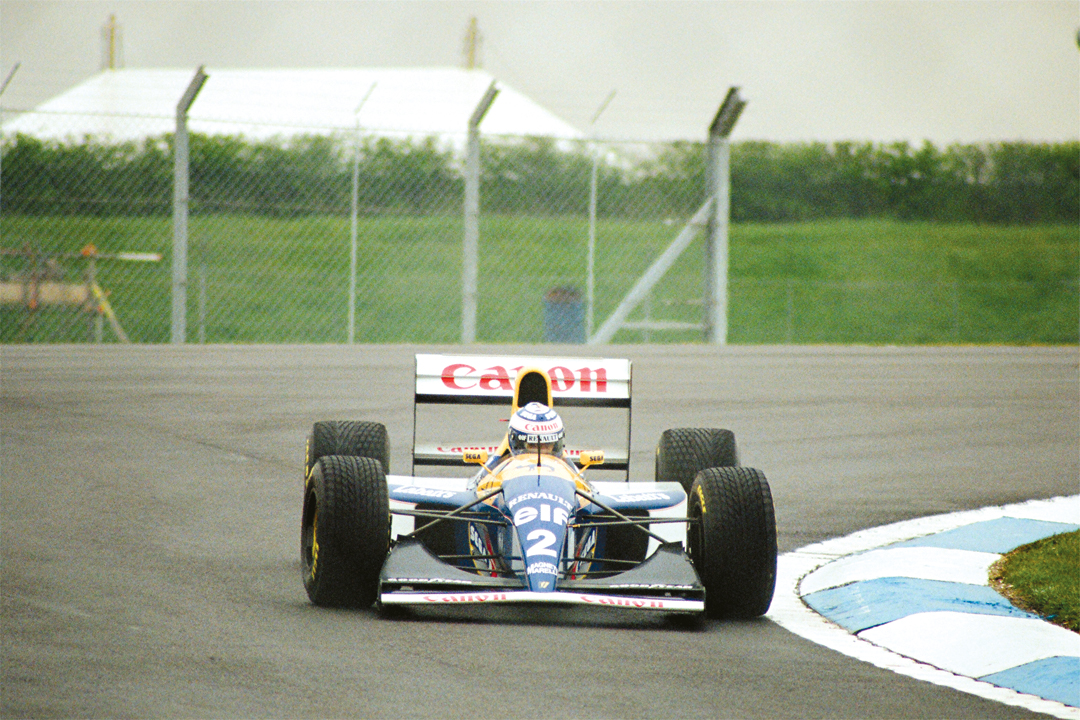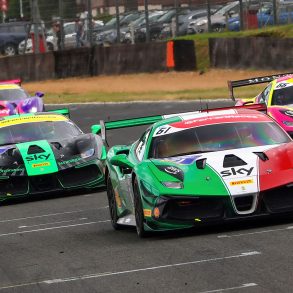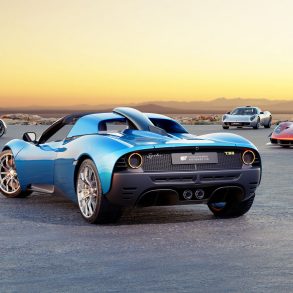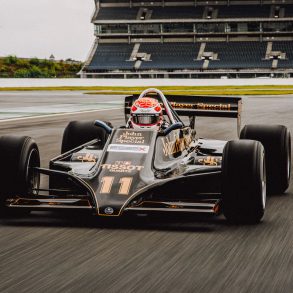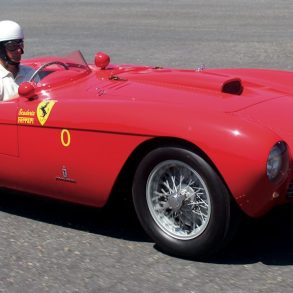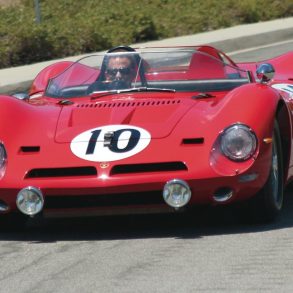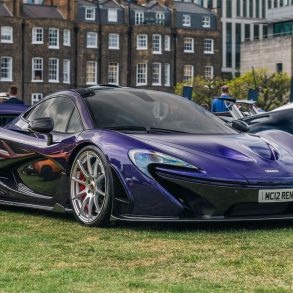St. Chamond in the Loire Valley of France was once known as a production center of ribbon and rayon, as well as its railway works. Now, it is best known as the birthplace of the little man who beat the world four times. For Alain Marie Pascal Prost, who was born in the French town on February 24, 1955, is second only to the king of them all, Michael Schumacher, in the list of Formula One’s most successful racing drivers.
Those in the know who witnessed the little Frenchman’s performances in go-karts in the early ’70s had an inkling of what was to be. But even they had no way of knowing that the curly-haired youngster they were watching would win four Formula One World Championships and emerge victorious from 51 of his 199 Grands Prix to produce a career win rate well in excess of 25 percent.
Become a Member & Get Ad-Free Access To This Article (& About 6,000+ More)
Access to the full article is limited to paid subscribers only. Our membership removes most ads, lets you enjoy unlimited access to all our premium content, and offers you awesome discounts on partner products. Enjoy our premium content.
Become a member today!
Already a Member?


